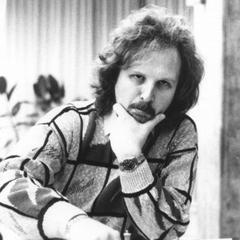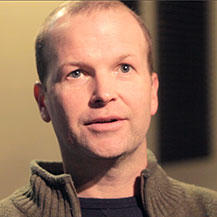Thomas Clarkson Quotes

Thomas Clarkson, Ottobah Cugoano (2010). “Thomas Clarkson and Ottobah Cugoano: Essays on the Slavery and Commerce of the Human Species”, p.124, Broadview Press
Thomas Clarkson, Ottobah Cugoano (2010). “Thomas Clarkson and Ottobah Cugoano: Essays on the Slavery and Commerce of the Human Species”, Broadview Press
Thomas Clarkson, Ottobah Cugoano (2010). “Thomas Clarkson and Ottobah Cugoano: Essays on the Slavery and Commerce of the Human Species”, p.124, Broadview Press
Thomas Clarkson, Ottobah Cugoano (2010). “Thomas Clarkson and Ottobah Cugoano: Essays on the Slavery and Commerce of the Human Species”, p.63, Broadview Press
There are few retreats, that can escape the penetrating eye of avarice.
Thomas Clarkson, Ottobah Cugoano (2010). “Thomas Clarkson and Ottobah Cugoano: Essays on the Slavery and Commerce of the Human Species”, p.96, Broadview Press
Thomas Clarkson (1787). “An Essay on the Slavery and Commerce of the Human Species: Particularly the African, Translated from a Latin Dissertation, which was Honoured with the First Prize, in the University of Cambridge, for the Year 1785, with Additions. [One Line from Livy]”, p.52
Thomas Clarkson (1788). “An essay on the slavery”, p.60






